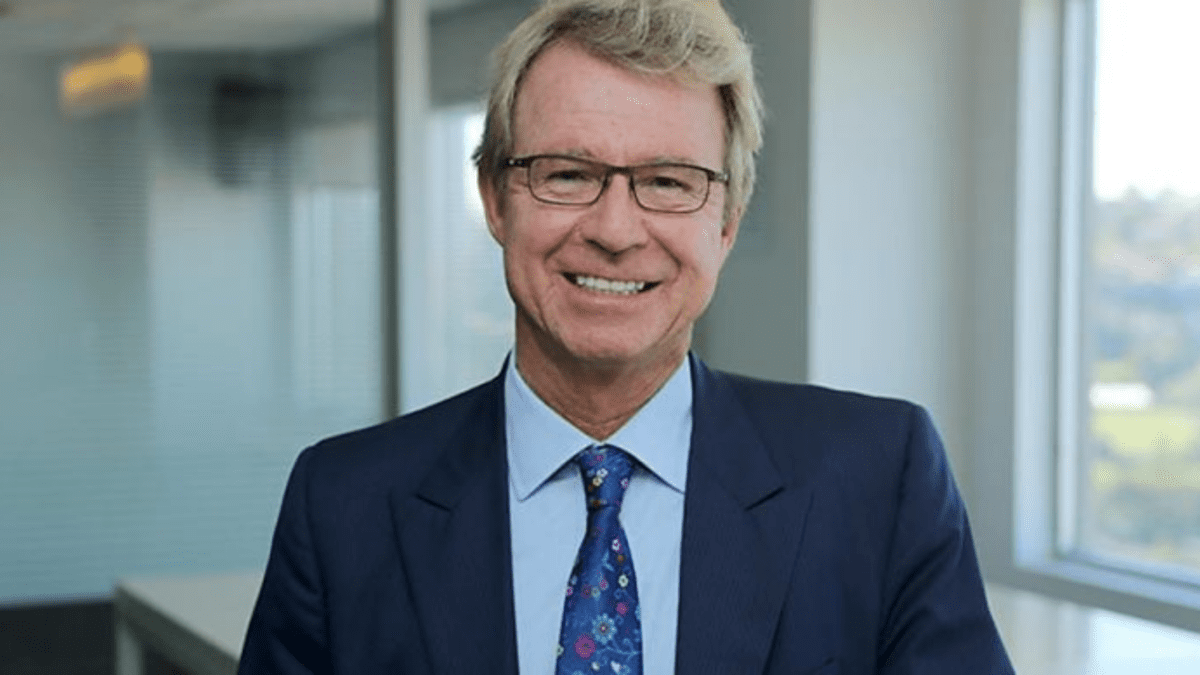Investors shrug off COVID blues, especially Australian millennials
A clear correlation has emerged between risk appetite during the COVID-19 pandemic and the age of investors, with Australian ‘millennials’ – aged 24-39 – among the most proactive globally, according to a survey of 1,800 people in six countries. Australian investors of all ages are also among the most bullish globally.
The survey was conducted by Calastone, the largest global funds information network for fund managers. It covered the US, UK, Germany, Hong Kong, Australia and New Zealand, with 300 respondents in each location. Most are undeterred in their investing activities by COVID-19 and the subsequent market volatility.
Millennials are the most active demographic in every global market, with nearly 72 per cent having invested or are considering investing due to pandemic created conditions. The figure for Australia was 81 per cent.
In Australia, 55 per cent of all investors remain bullish, having made new investments already or are considering investing in the near future, while one third (31per cent) have actively invested as a direct consequence of COVID in a bid to capitalise on the continued market volatility.
Further, the Australian millennials were almost twice as active as Australian ‘generation X’ (aged 40-55) investors, with 58 per cent actively investing as a consequence of COVID compared to 28 per cent of the older cohort. This is in contrast with usual investor patterns when people start to invest and save more the closer they get to retirement.
Looking globally, American millennials led investment activity and sentiment, with 90 per cent having already invested since COVID or intending to do so, while German millennials showed least appetite, at 58 per cent.
The study also found that older Australian baby boomers (aged 66-70), were the most bearish of all groups, with 100 per cent refraining from making any new investments. This was in contrast with NZ baby boomers, which were the most bullish in the world. About 20 per cent had invested since COVID, compared with the global average of 15 per cent and Australia’s zero percentage. But NZ millennials, while being the most likely to invest compared with other New Zealanders, were at the bearish end of the global market.
Ross Fox, managing director and head of Australia and New Zealand at Calastone said: “The high level of engagement and consideration among Australian millennials during volatile market conditions shows a maturing and opportunistic investment mindset to capitalise on market dips. This proactive attitude to investing concurs with the local fund flows we’ve seen across the Calastone network, which in July processed record daily volumes into funds.” he said.
“Our data similarly indicates that COVID has contributed to a rise in investment activity among investors since the pandemic’s onset, driving a healthy return of flows into managed funds after an intense net outflow in March when markets sharply turned.”









